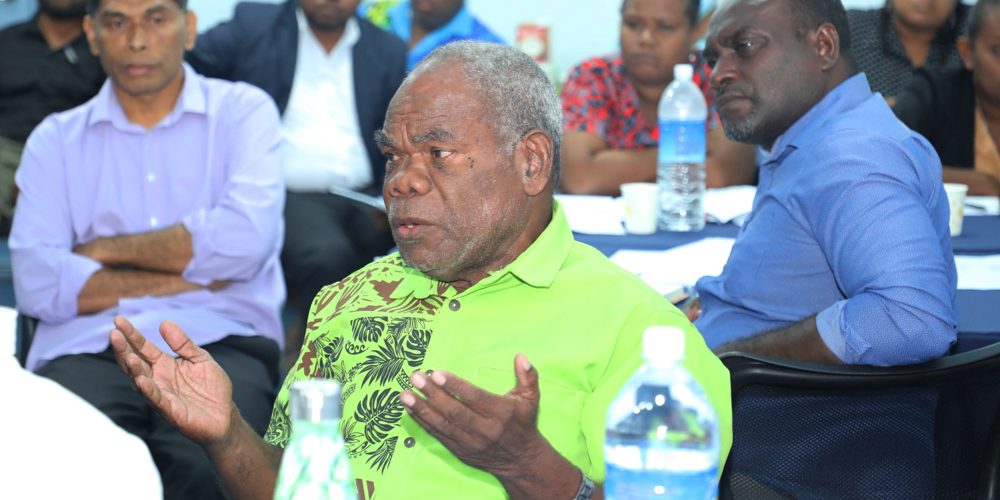The Disabled People’s Association of Solomon Islands (DPASI) has been and is doing inclusive work in communities in the country, in order to reach out to other people with special needs outside of Honiara.
DPASI Chief Executive Officer (CEO) Casper Fa’asala said some recent programs include eight poultry projects in Auki that was delivered last month to the Provincial Secretary of Malaita Province, George Eric.
These are for the disability self-help groups within the Auki Central Kwara’ae, West Kwara’ae and Auke-Langalanga constituencies.
Another eight projects delivered to Savo Island, Central Islands Province (CIP) last month. Six of which are Poultry projects and two are piggery projects.
Currently, DPASI is waiting on UN Women Regional Office in Fiji for funds to buy livestock to give to those projects.
Livestock include piglets, boars and sowers for the two piggery projects and chicks for the six poultry projects with their feeds.
Funds will also provide eating and drinking equipment.
Projects worth more than a million dollars (SBD) and is funded by the Department of Foreign Affairs and Trade (DFAT).
Project funds were obtained through UN as the Execution body that works with DPASI to implement the projects, specifically under the Women’s Resilience and Climate Change Program and Sustainable Livelihood.
Mr Fa’asala said under their rollout projects, where DPASI has partnership with the International Women’s Development Agany, with funding from the European Union (EU) funding, DPASI is also included to rollout projects under their funding to support SafeNet offices.
With this, DPASI, under their Disability Sensitization Program, ran trainings on disability inclusion in the SafeNet centers in and around Honiara.
Three centers that have been supported are: a Christian Care Center in Tenaru area, Isabel Provincial Council of Women, and a Christian Care Center in Auki.
Trainings are to support the centers to become more accessible and therefore providing facilities in terms of pathways, building ramps in case people with disabilities may seek shelters.
Mr Fa’asala said that all in all, these are the support with DPASI to provide reasonable accommodation for people with disabilities back in the communities, in case some of them appear in in those centers. These are for their protection and accessibility.
He added that next year, DPASI will broaden its services through rural training centres, because rural training centres need to see and accept the need for inclusive education, and should include persons with disabilities to be enrolled to be trained as well.
This will be through a partnership agreed on with New Zealand, to work jointly with DPASI to deliver training programs through the Don Bosco Rural Training Center in Henderson.
By AGNES MENANOPO
Solomon Star, Honiara









